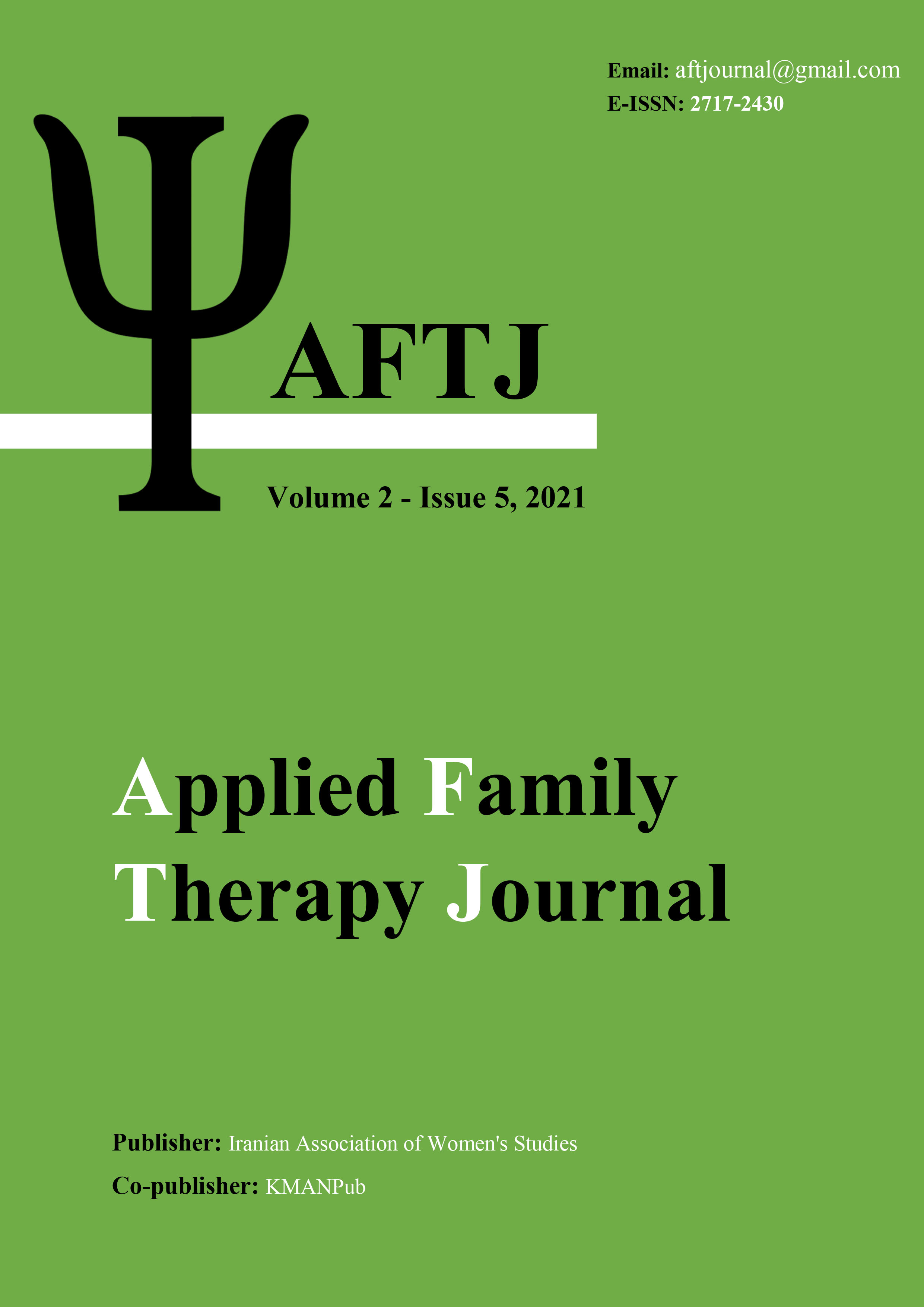Prediction of mental (psychological) pain based on psychological capital among people with grief experience because of Coronavirus: The mediating role of social support
Keywords:
Mental Pain, Psychological Capital, Social Support, Grief, CoronavirusAbstract
Aim: This study aimed to determine the prediction of mental (psychological) pain based on psychological capital among people with grief experience because of Coronavirus with the mediating role of perceived social support. Methods: The study design was descriptive correlational. The statistical population included people with the experience of grief of close family members (father, mother, child, sister, brother) caused by Coronavirus in 2021 in Tehran. According to the views of Hoit and Kramer (2004), 432 people were selected by purposive sampling, and they have completed the Mental Pain Scale by Orbach and Mikulincer (2003), the Luthans et al.'s (2007) Psychological Capital Questionnaire, and the Zimet et al.'s (1988) Perceived Social Support Scale. The collected data were analyzed using Pearson correlation coefficient and path analysis, and structural equations and using SPSS and Amoss software. Results: The outcomes of Pearson's correlation coefficients indicated that there is a positive and significant relationship between psychological capital (r = 0.38, p <0.01) and its components (self-efficacy, hope, resilience, and optimism) and perceived social support (p<0.01). But there is a negative and significant relationship between psychological capital (r = -0.27, p <0.01) and its components (self-efficacy, hope, resilience, and optimism) and mental pain (psychological) (p<0.01). There is also a negative and significant relationship between perceived social support (r = -0.36, p <0.01) and its components (perceived support from family members, perceived support from important people, and perceived support from friends) and mental pain (psychological) (p <0.01). Furthermore, there are negative and significant coefficients of the direct path of psychological capital (ß=-0.15, p <0.01) to the mental (psychological) pain of individuals with the grief experience caused by Coronavirus. There is also a negative and significant direct path coefficient of perceived social support as a mediating variable to the mental (psychological) pain of people with the grief experience caused by Coronavirus is also (ß= -0.20, p <0.01). Also, the results indicated that there are negative and significant coefficients of direct pathways of psychological capital (ß= 0.23, p <0.01) to the perceived social support of individuals with the grief experience caused by Coronavirus. Conclusion: The results generally indicate that the research model, which is based on the relationship between psychological capital and perceived social support for mental (psychological) pain among people the grief experience caused by Coronavirus, has a good fit.
Downloads
Published
Issue
Section
License

This work is licensed under a Creative Commons Attribution-NonCommercial 4.0 International License.





















